The end of each year provides critics the opportunity to construct (or, depending on their temperament, the burden of constructing) a list of their ten favorite shows—such a list is usually carefully constructed, with elements in some semblance of balance between network and cable, between comedy and drama.
This midyear list is every bit as scattered as a year-end list is effortful; with five superlative individual episodes, eight series, and one documentary, it’s not meant to be definitive. Indeed, the shows are placed in alphabetical order rather than ranked. Why? Because the year’s absolute best series could well be ahead of us. Certainly, everyone from the broadcast networks (who recently announced their fall schedules) to HBO and Netflix (with their respective potential critical hits The Night Of and The Get Down) has to hope so. As we wait for those, though, this scratchpad of what’s been great so far this year could provide some inspiration for what to stream in the hot summer months.
Some of these shows will not make it onto a year-end best list; something that already aired well might, given the very best of TV’s propensity to improve in memory. But that’s months from now, anyhow. And the volume of worthwhile TV, from an utterly unexpected cop comedy to a better-than-ever spy drama, that’s aired in the first half of the year is proof that a few months of TV can bear plenty of surprises.
The Americans, “The Magic of David Copperfield V: The Statue of Liberty Disappears,” FX
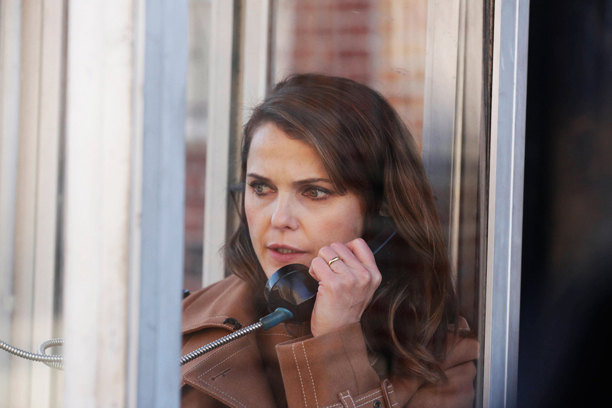
The show’s best and most intense season ratcheted up to a whole new level with this episode, depicting a tragic end for Martha (Alison Wright) and the emotional chaos she left in her wake. The FBI secretary had been cruelly used by her “husband” (Matthew Rhys, a spy using her for information) until she became inconvenient and needed to be sent into USSR exile. Once she’s gone, all that remains is the emotional wreckage between two spies who are growing unable to treat their manipulation of others as strictly a business affair. Four seasons’ worth of history were artfully built upon by this series, one that, in an era of endlessly wending fantasy series, is admirably unafraid to be decisive when it counts.
Better Call Saul, “Rebecca,” AMC
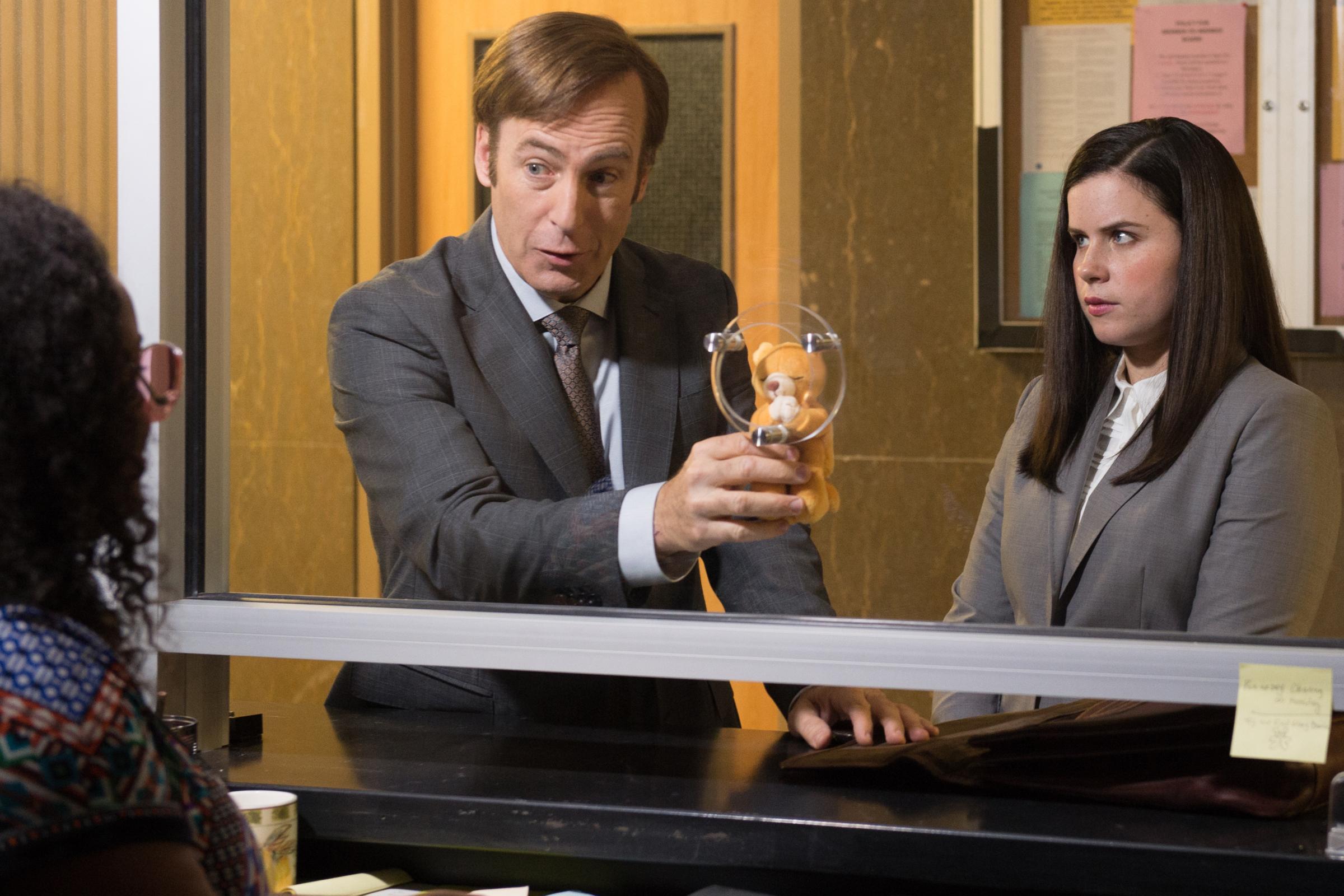
This episode managed to crystallize what was best about the Breaking Bad spinoff—both its boundless mystery (introducing, in flashback, a romantic partner for Chuck, who’s missing in the show’s present) and its all-too-evident realities. The frustrating mistreatment of diligent-but-underrewarded attorney Kim, played with compelling restraint by Rhea Seehorn, provided another view of the process by which good people end up turning to underhanded techniques. Kim, like the show’s protagonist (who will become the utterly amoral Saul Goodman), is running out of options.
Black-ish, “Hope,” ABC
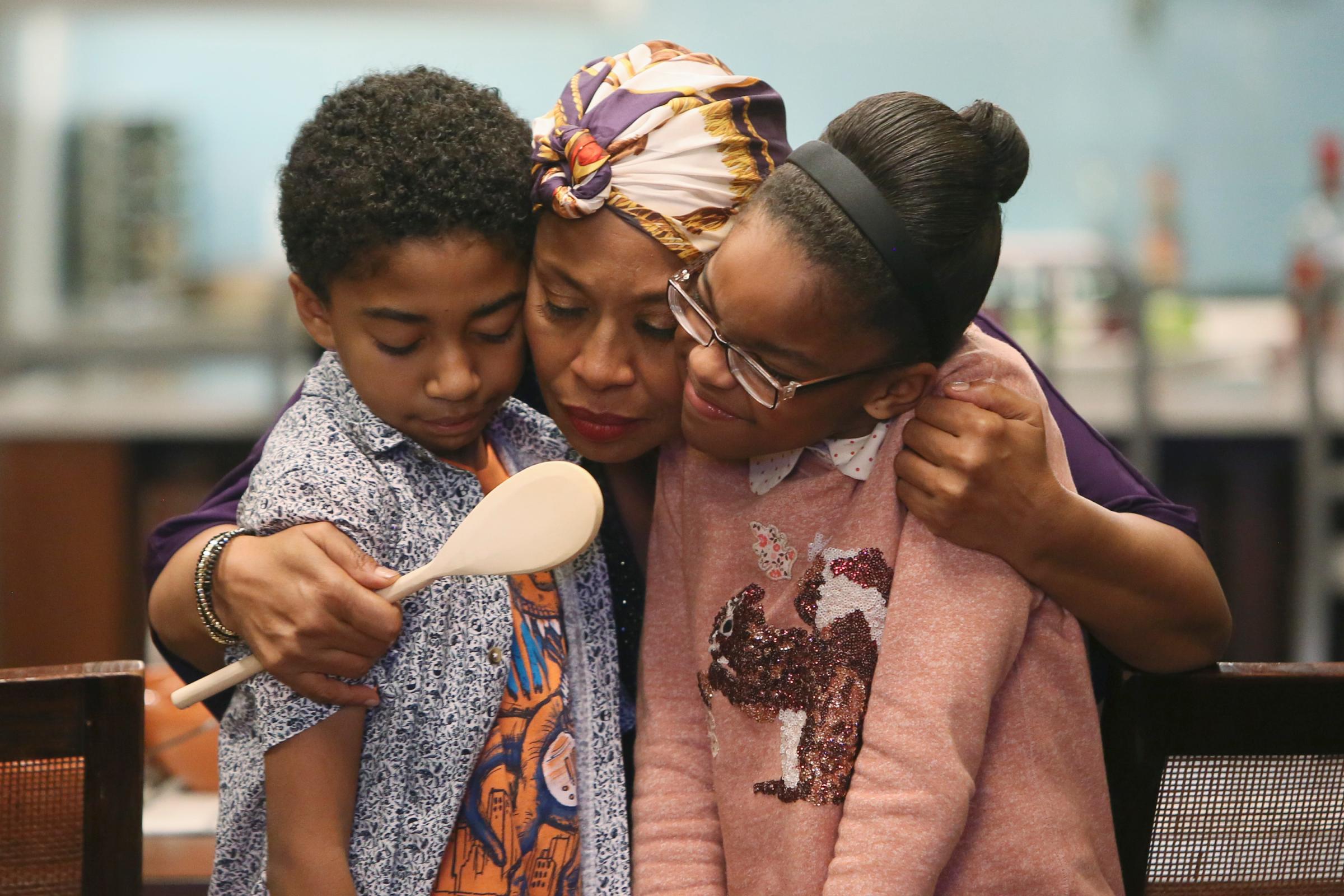
Dre and Rainbow Johnson, the parents of Black-ish, come at issues of race from radically different perspectives. And their differences in outlook were elegantly and movingly explored in an episode about police brutality. This was a painful episode about how, or whether, to teach one’s children about life’s harsh truths—one that managed, as though by magic, to avoid letting the laughs get swallowed entirely by sorrow.
The Carmichael Show, “Fallen Heroes,” NBC
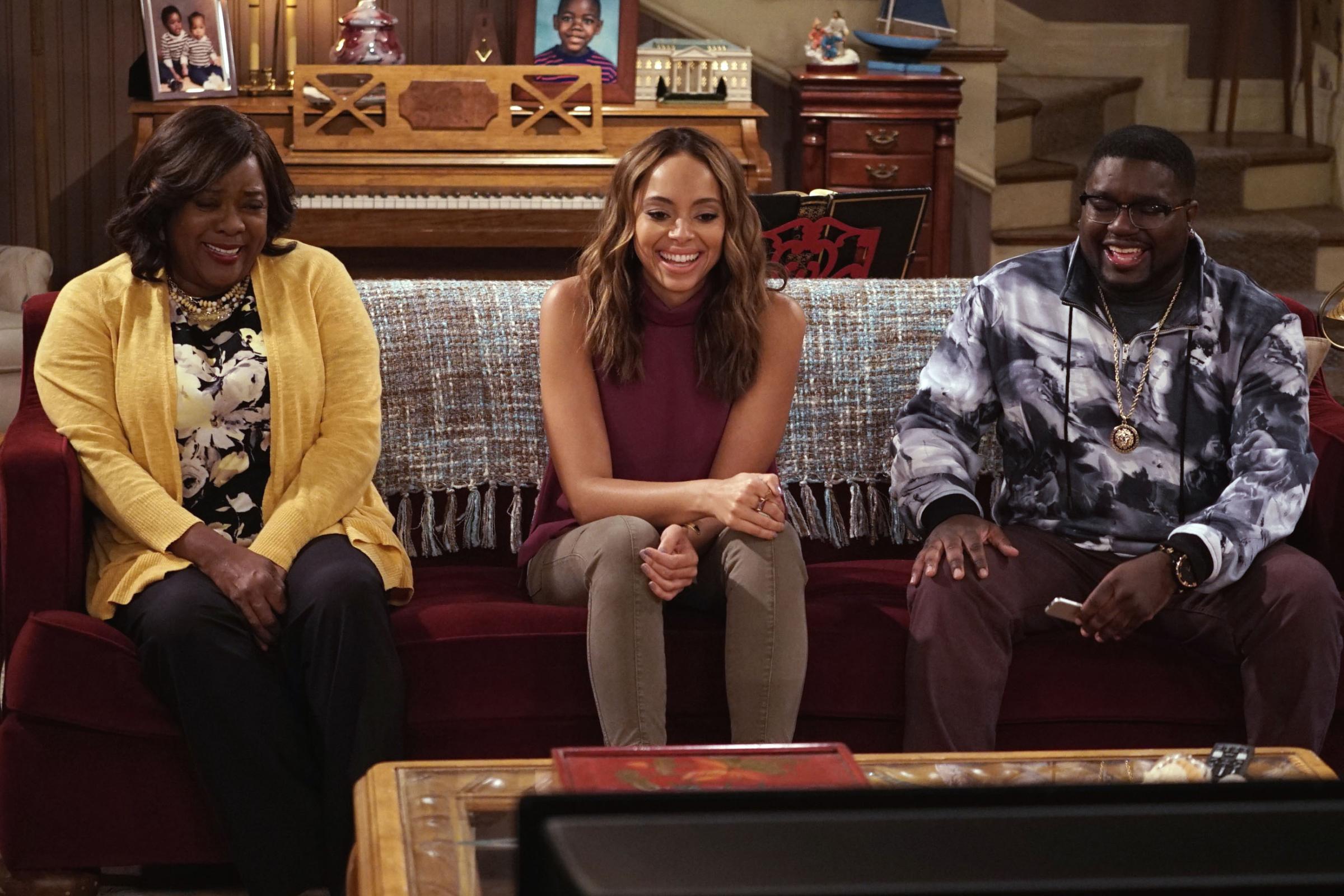
This underwatched NBC comedy assays a different political or cultural debate in every episode—and it’s at its best when it’s most willing to lacerate. This episode, in which protagonist Jerrod (Jerrod Carmichael) attempts to convince his girlfriend and his family that supporting Bill Cosby is morally defensible, was daring enough both to attempt that defense and to utterly dismantle it. And it did it all on the network and within the format that Cosby helped save in the 1980s, an act of bravery that’s vanishingly rare on network TV.
Veep, “Mother,” HBO
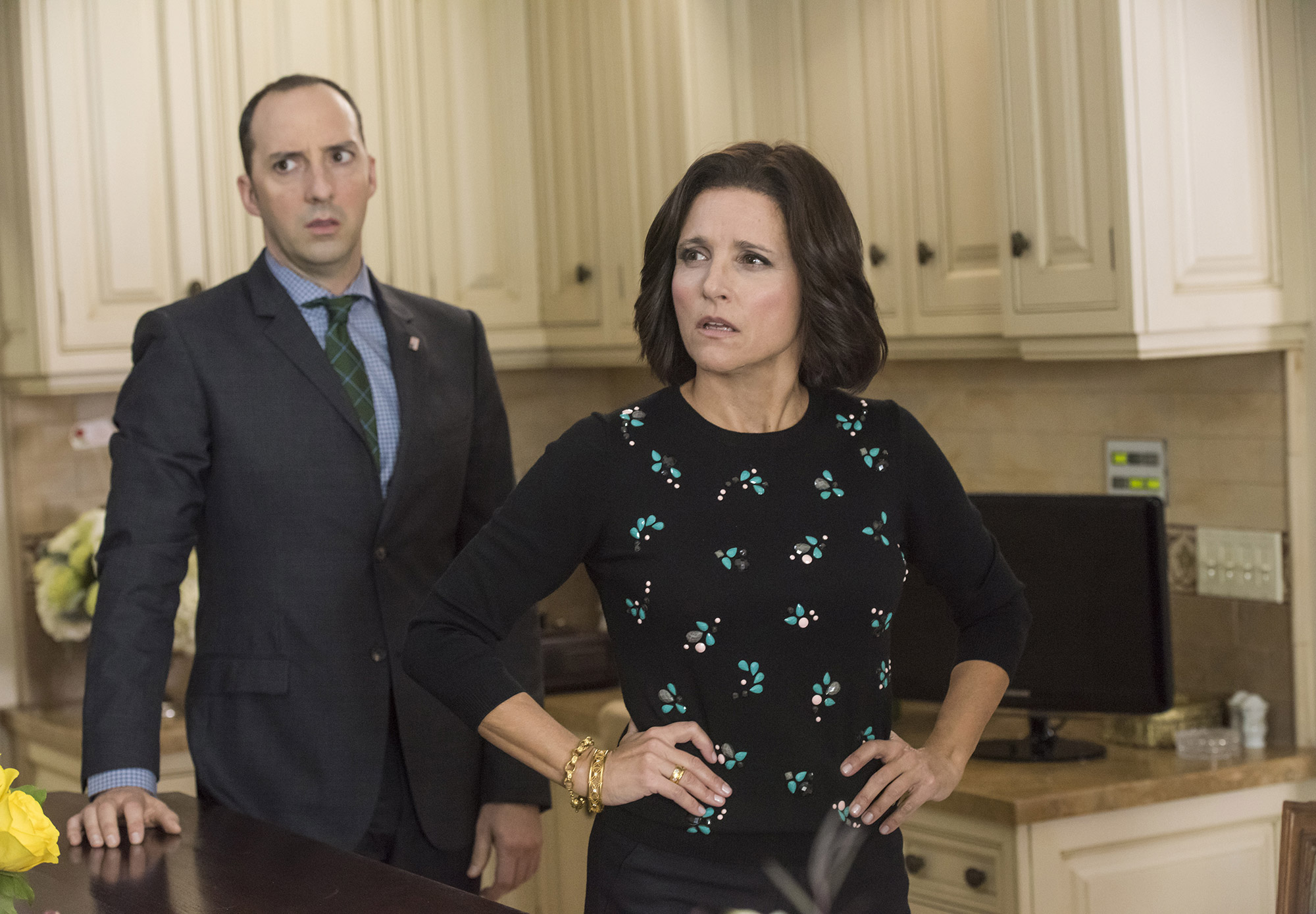
This always-nihilistic comedy took a turn into drama with this episode, in which President Selina Meyer is simultaneously nonplussed by the death of her mother and heartbroken over her threatened political future. A concluding scene in which Meyer, having just learned of an electoral setback, is overcome with emotion she’s refused to feel for another human being, is both Julia Louis-Dreyfus’s single best piece of acting on the series and an almost novelistic depiction of a tormented inner life.
American Crime, ABC
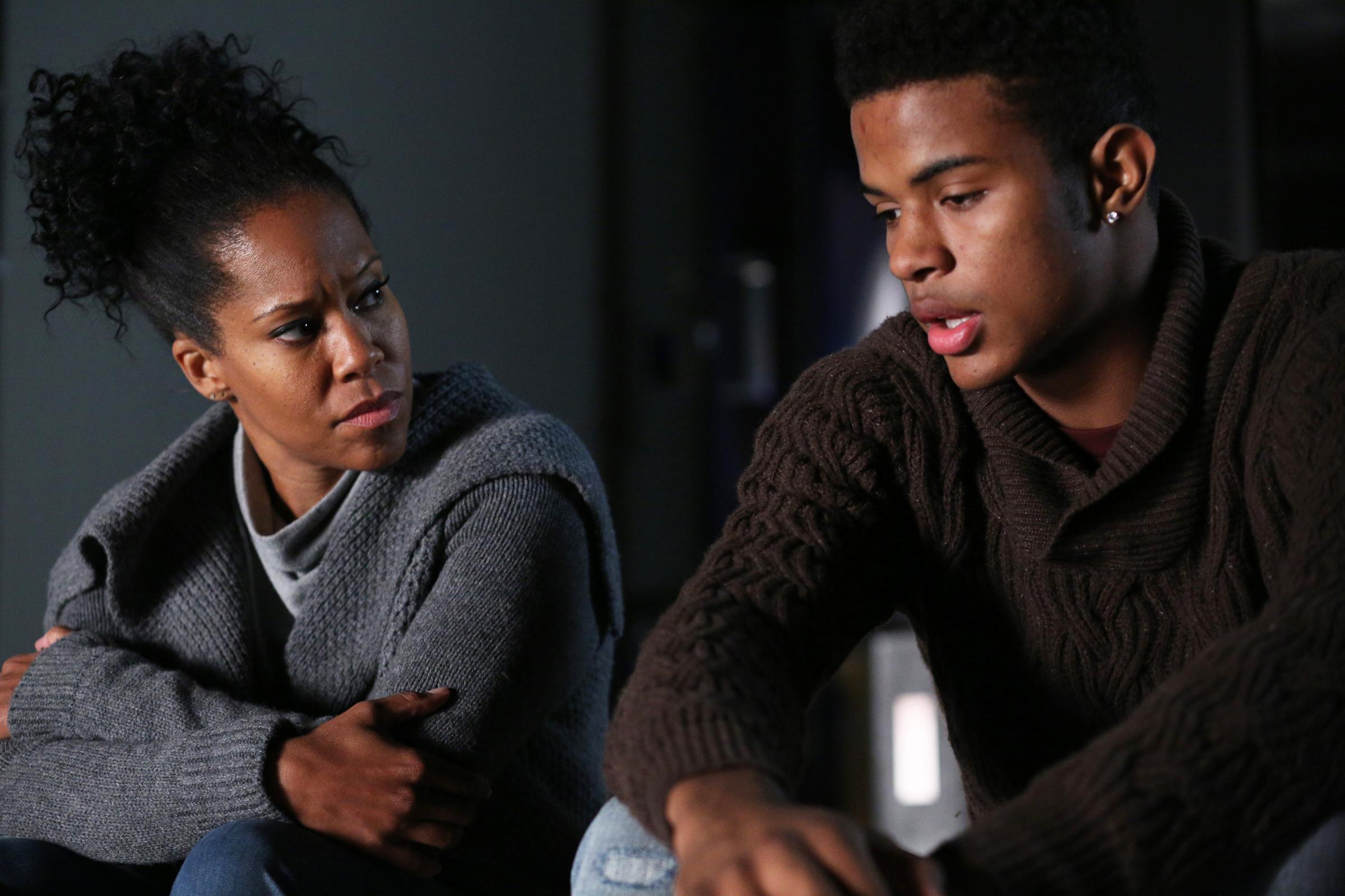
This limited series, following the aftermath of a rape allegation at an elite private school, had occasional misjudged moments. But those are outweighed, substantially, by the show’s extreme and compelling fairmindedness; everyone touched by the case got airtime that meaningfully explored their perspective. It all added up to a resolution that was—and had to be—unsatisfying, because so many of the people we’d come to respect were so ill-served. In a broadcast landscape full of slick, self-consciously campy melodramas, ABC’s turn to social realism is worth applauding.
Angie Tribeca, TBS
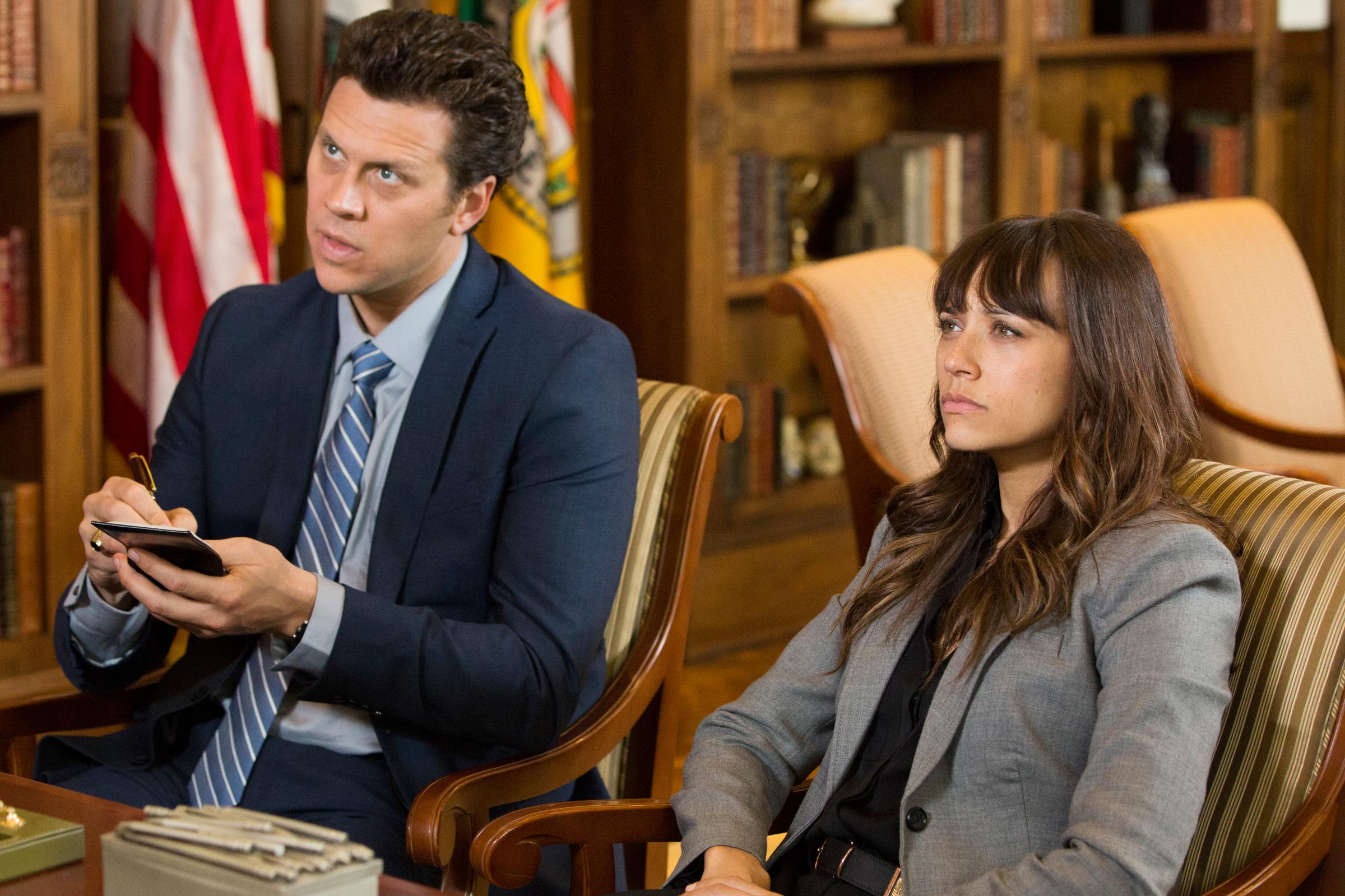
TV’s most openly zany series, this cop show refused to edit out a single loopy pun, or to attempt a goal so insignificant as making basic sense. On the surface, we’re meant to be following Angie (Rashida Jones), a cop so unwilling to let things go she refuses to toss her dead goldfish (he’s probably just sleeping); in practice, we’re in a world so outlandish that the only reasonable response for Angie is to put on a stern, Mariska Hargitay-esque exterior. Jones’s commitment never cracks, even in the face of one of TV’s most talented comedy ensembles.
Catastrophe
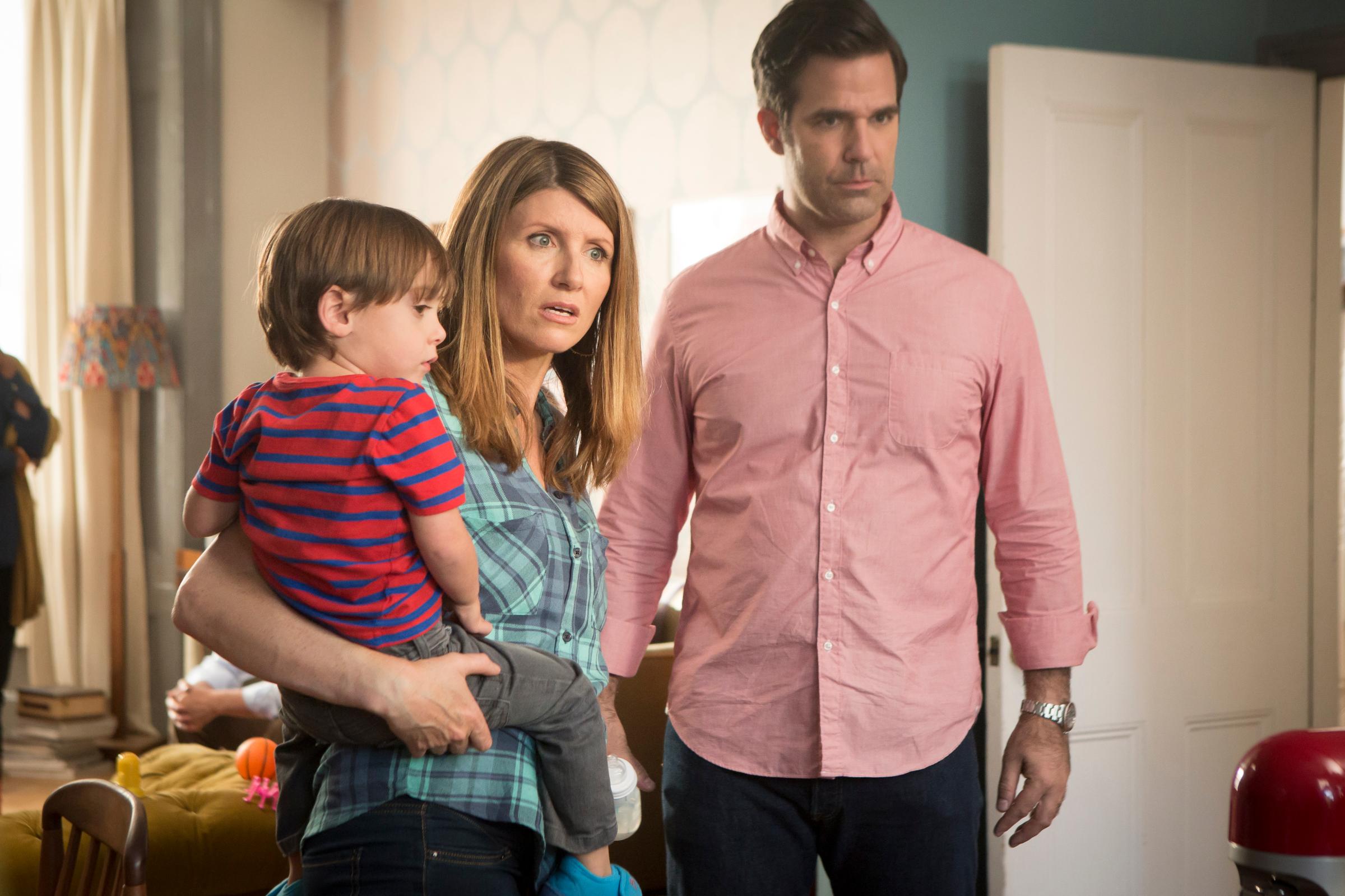
Season 2 of this British-import comedy was stronger than the first as it delved deeper into the lives of its characters, both of whom are utter messes and strenuously trying to be fine. We’ve jumped ahead from season 1’s story, which depicted Sharon (Sharon Horgan) and Rob (Rob Delaney) going through her pregnancy after a one-night stand; the couple’s spats are more deeply felt now that they have an actual child, though they haven’t quite learned how to relate to one another in a manner other than a battle of wits. That they’re trying, though, makes for deliciously painful comedy. Don’t worry about having missed season 1—both seasons are a slight six episodes, making Catastrophe a binge that can be completed in a particularly slow afternoon.
Everything is Copy, HBO
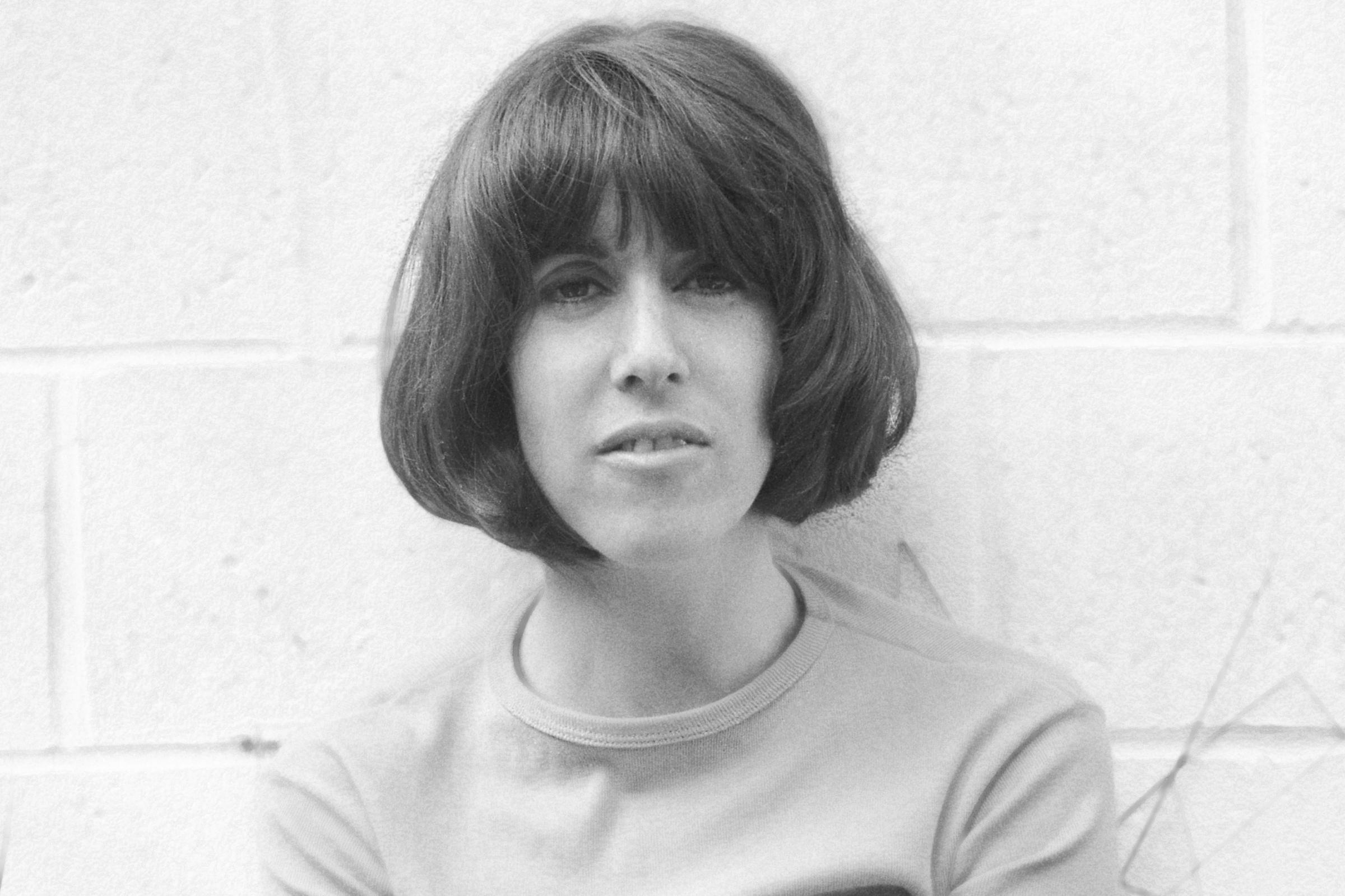
That this HBO documentary is as sophisticated as its subject, the writer and filmmaker Nora Ephron, is unsurprising: It’s directed by her son Jacob Bernstein. But Everything Is Copy does manage to startle with its ambiguity. Ephron, who concealed the facts about her fatal illness from many of her closest friends, is shown as both dazzling and, finally, hard to truly know. The effort is deeply worthwhile.
The Girlfriend Experience, Starz
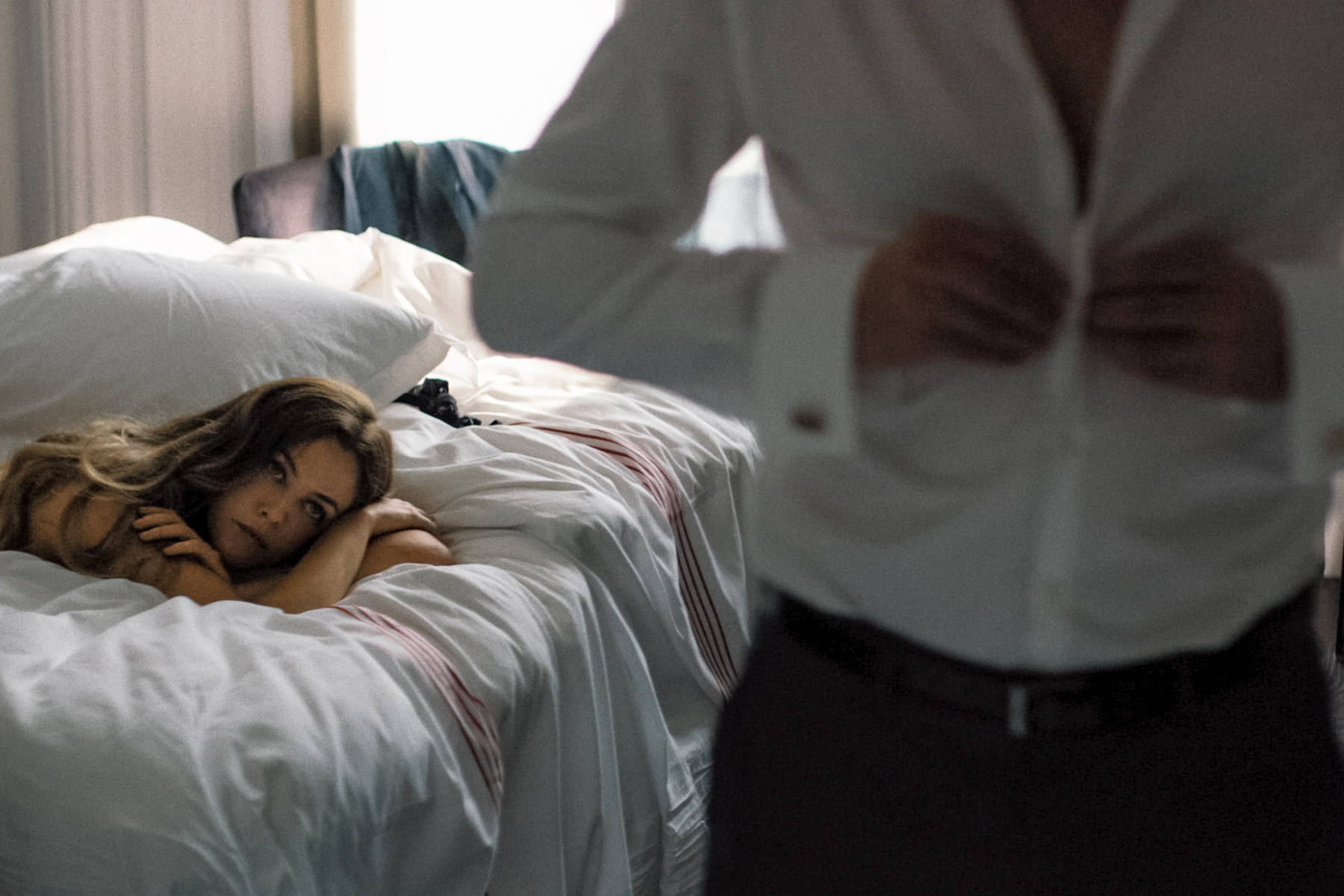
This series was based on—or, really, suggested by—a 2009 Steven Soderbergh film, one that used a prostitute’s experiences to analyze the mindset that led to a wrecked economy. Seven years later, Wall Street has rebuilt, and our call girl is, instead, exploring the world of the most powerful and wealthy, and the power of boundless surveillance. Christine (Riley Keough, in a sensational performance) is so interested in using people to get ahead that she worries she’s a sociopath. But she’s only able to balance her career-world ambitions and off-hours “girlfriend experiences” for so long—and when her coworkers shun her, she turns the tools of surveillance against them.
London Spy, BBC America
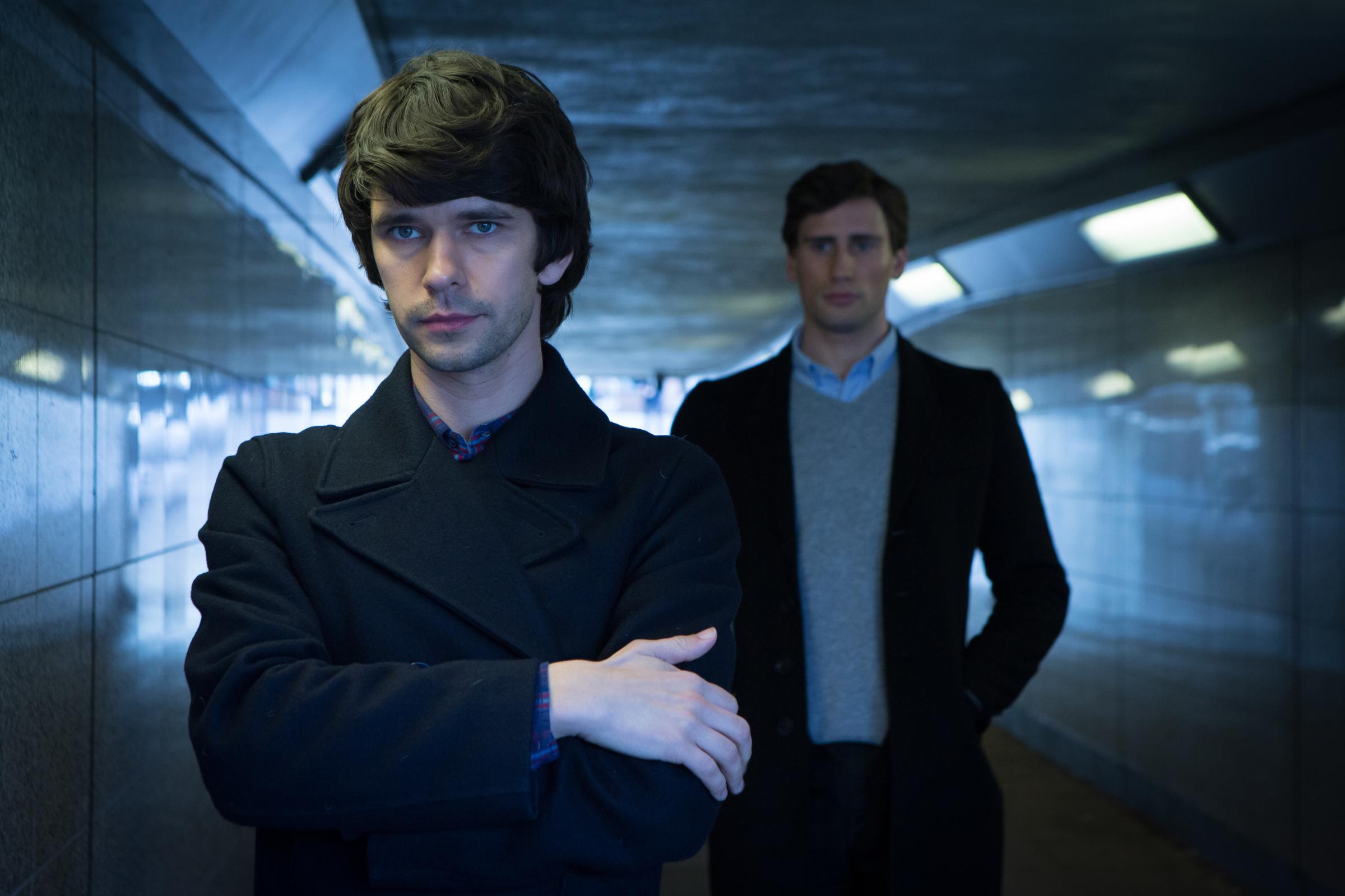
This provocative and strange tradecraft drama followed Danny, a young gay man pulled into a world of intrigue after his lover goes missing. Was the disappeared fellow a spy? And does Danny, seeking to investigate, have what it takes to be one? Watching Ben Whishaw (a willow made, surprisingly enough, of steel) face off against calm agent of chaos Charlotte Rampling provided some of the year’s best goosebumps.
Love, Netflix
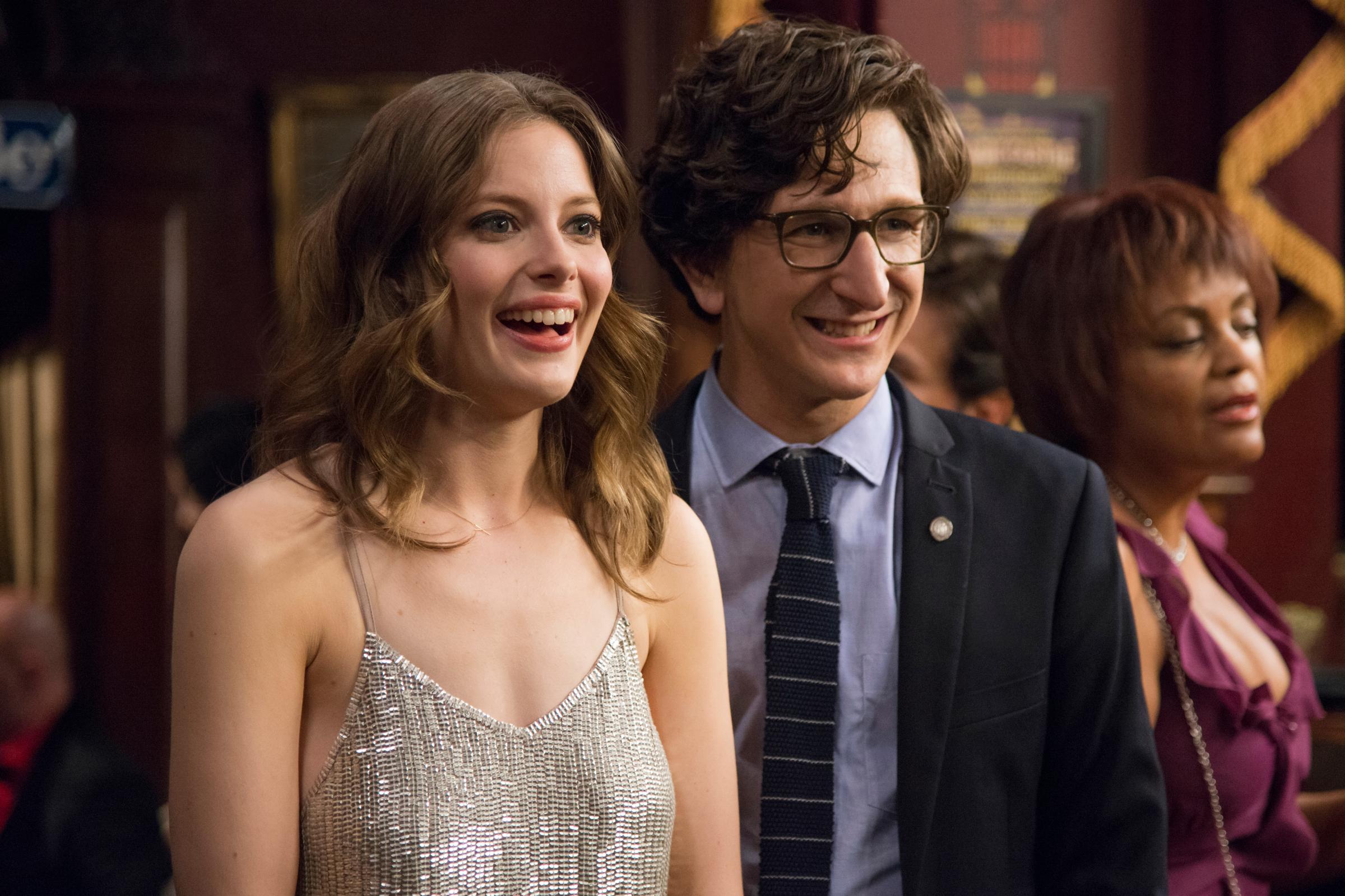
This examination of the stop-start affair between an egotistical tutor (Paul Rust) and a near-breakdown radio station manager (Gillian Jacobs) was widely criticized for both characters’ unlikeability, as well as the unrealistic differential in attractiveness between its two leads. These criticisms don’t stick—not least because the characters know they’re not physical equals, and this fuels his neurosis and her egotistical sense of self-sacrifice. Of course they’re happy together, in their twisted way. As for whether they’re unlikeable: If this description is turning you off, you won’t find much of worth on this poisoned truffle of a series. But the surprising joy of Love, for those on its wavelength, stems from just how much humanity it’s willing to pursue. It’s about jerks, but the fact that they’re jerks who are trying counts for a great deal.
The Night Manager, AMC
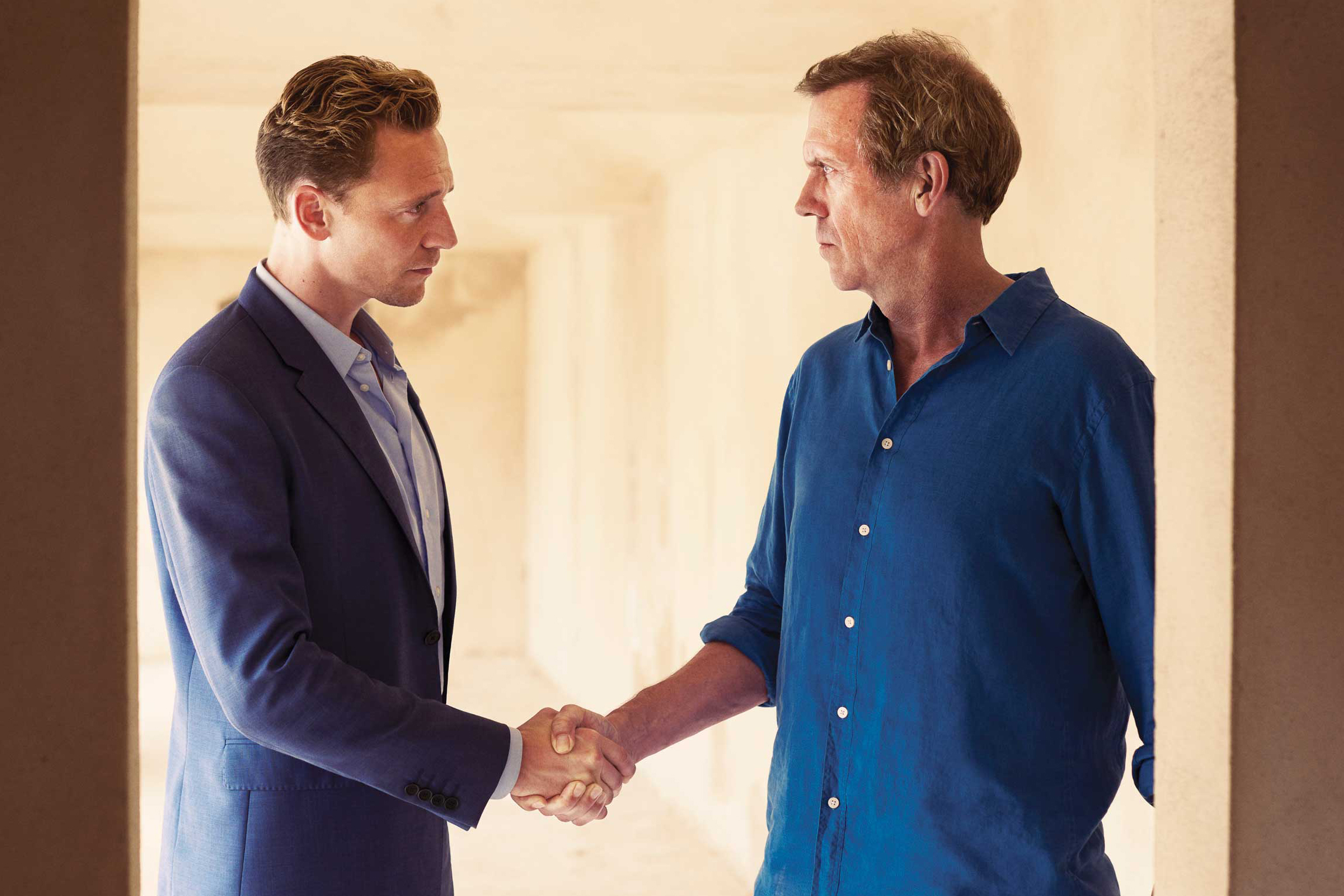
The pleasures on this John le Carré adaptation are largely visual—the glint of a speedboat racing through the Mediterranean, the elegance of a custom suit. But this story of a former soldier (Tom Hiddleston) who embeds within the boundlessly evil world of a roguish arms dealer (Hugh Laurie) is more than just candy. Its sense of repulsion at the banal, ever-calm Laurie, whom one character calls “the worst man in the world,” insidiously sticks with you.
The People v. O.J. Simpson, FX
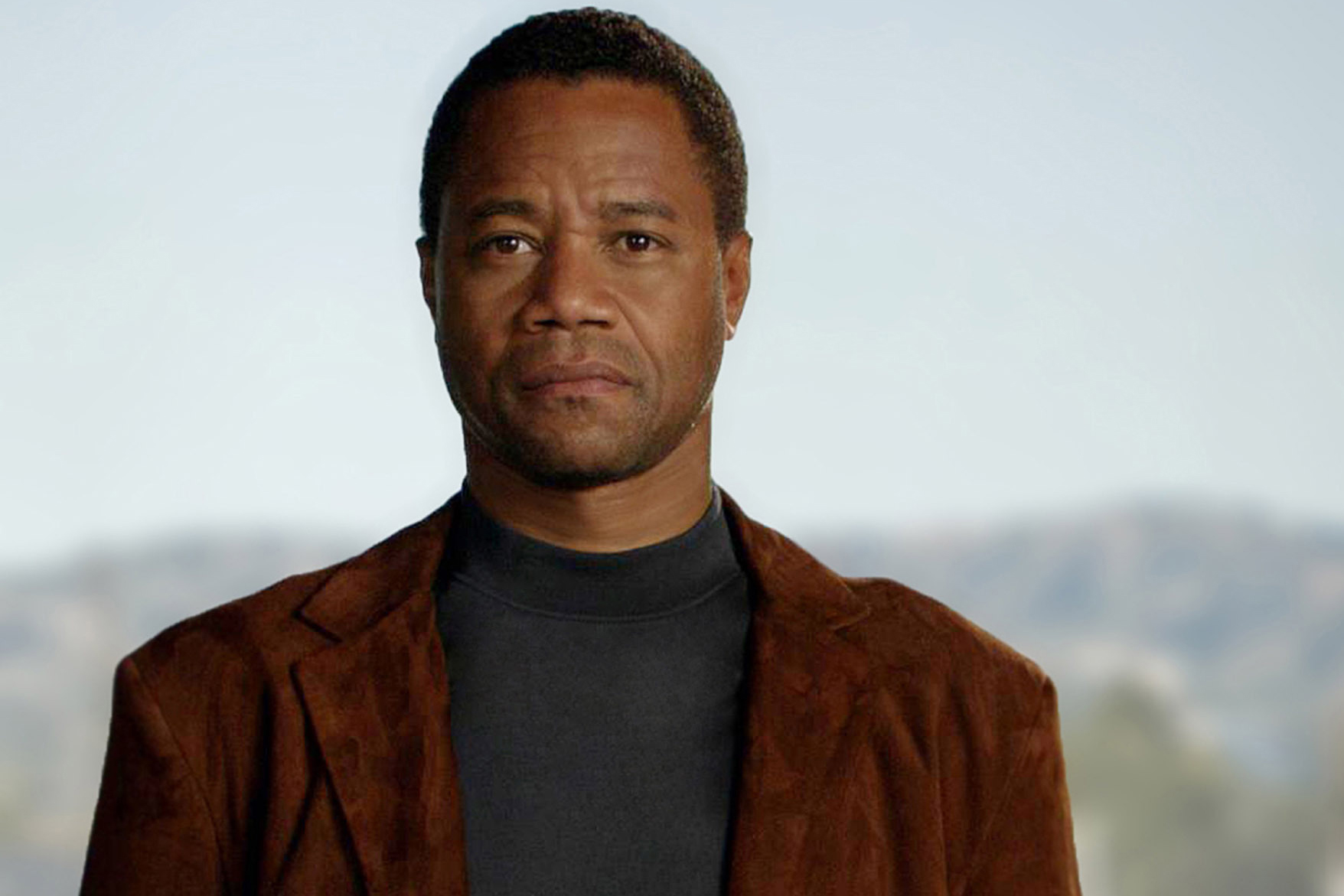
This limited series shared American Crime’s format, its insistence on moral ambiguity, and, confusingly, two words in its title. But its repurposing of celebrity figures with fixed public images—or, in the case of unlikely moral center Robert Kardashian, famous names—made it vacillate from art to public service. It turned out that re-litigating a trial with valences in gender, fame, and race was exactly what millions upon millions of viewers needed.
More Must-Reads from TIME
- Donald Trump Is TIME's 2024 Person of the Year
- Why We Chose Trump as Person of the Year
- Is Intermittent Fasting Good or Bad for You?
- The 100 Must-Read Books of 2024
- The 20 Best Christmas TV Episodes
- Column: If Optimism Feels Ridiculous Now, Try Hope
- The Future of Climate Action Is Trade Policy
- Merle Bombardieri Is Helping People Make the Baby Decision
Contact us at letters@time.com